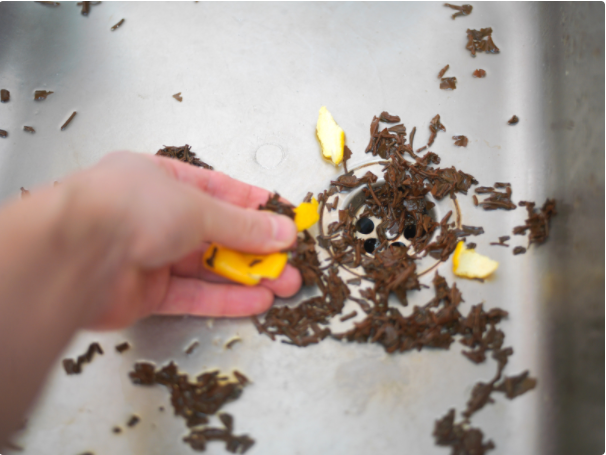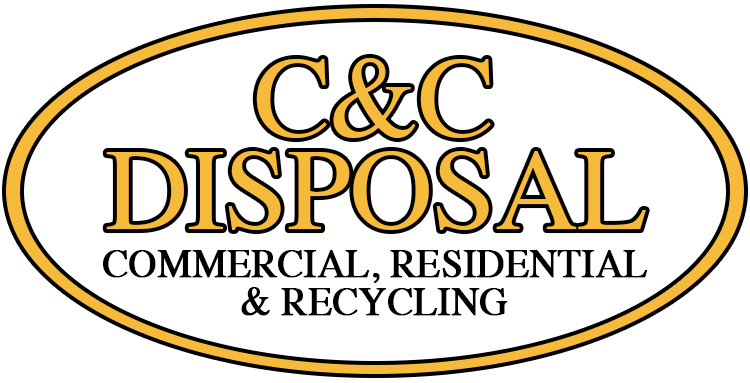
A clogged sink or tub drain is one of the most frustrating home problems topped only by a clogged toilet. It always seems to happen at the worst possible moment. Not every plumbing problem can be prevented, but many can by changing our behaviors. There are certain materials that solidify and clog pipes or overwhelm garbage disposals that prevent water from passing through, so if you know which ones they are, you can keep them from going down the drain.
We can also do damage that isn’t immediately evident but pollutes our water supplies by pouring toxic chemicals into a septic system or municipal water supply. Those chemicals end up in our groundwater, rivers, and oceans adversely affecting the health of the planet. Below, you can learn about five things to never pour down the drain.
Coffee Grounds
Coffee grounds like to stick together and form a lump in plumbing pipes that just won’t budge easily. So, even a few grounds every day can begin to add up to a problem. Luckily, coffee grounds have uses around the house and are a great addition to garden compost piles. They add nitrogen that helps break down plant material and boost the performance of the soil.
Cooking Grease and Oils
You know what happens when animal fat cools—it solidifies. If it’s poured down the drain when that happens, it blocks pipes. Even vegetable oils like olive, corn, and coconut that don’t fully solidify coat pipes and trap other food particles.
Allow animal fats to harden and dispose of them in a trash receptacle. Reuse oils when possible or check with your municipality about recycling cooking oil.
Rice and Grains
When water is added to rice or dry grains, they expand. If you pour them down the sink, they do the same thing and clog the pipe. Add the grains to the compost pile or dispose of them in a garbage bin.
Eggshells
Eggshells take a very long time to dissolve in water. And, even if they are ground up in a garbage disposal, the membranes can cause clogs to form. The best way to dispose of eggshells is to add them to the compost heap or toss in the trash.
Hazardous Chemicals and Pesticides
While some household cleaning products recommended for cleaning a sink or toilet contain hazardous chemicals, the concentration is low. Most hazardous products like paint thinners, lacquers, or dry cleaning solvents should never be poured down a sink. The same applies to garden pesticides.
Contact your local waste management collection center about proper disposal methods as it can vary between locations.

Recent Comments